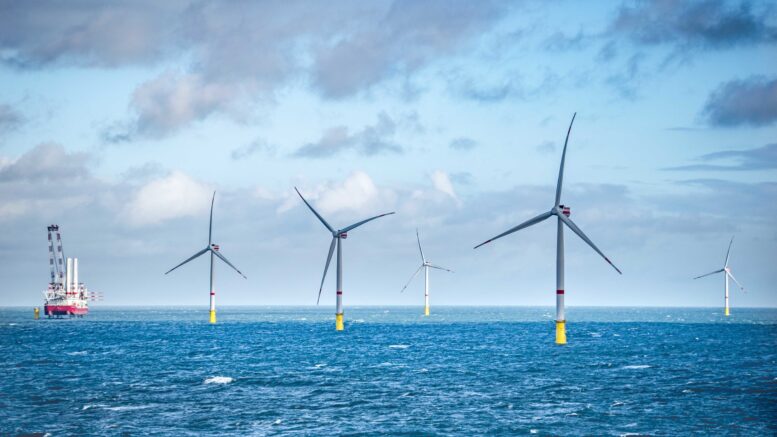It is quite possible that several billion euros more will soon flow into the infrastructure and
renewable energy asset class from institutional pension funds in Germany.
The reason for this is a draft law from the German government that is currently attracting a lot of attention in Germany. Changes to the reserve requirements for hedging assets include the introduction of a dedicated infrastructure quota of five per cent, which would be added to the existing allocation in this asset class.
Without going into too much detail about German occupational pensions, the system is
regulated by quotas.
There is a maximum risk capital investment quota of 35 per cent, which includes equities, high-yield bonds, hedge funds and the like, and a maximum real estate quota of 25 per cent. To date, infrastructure assets have been added to one of these two overall quotas.
According to the draft law, this will now change: An explicit quota of five per cent for
infrastructure investment is planned – not at the expense of the two existing quotas, but in
addition to them. This would give a much wider margin of discretion to the institutions
concerned, both through reallocation within the quota regulations and through corresponding
new investments.
The German government is thus clearly pursuing the goal of attracting more institutional
capital to infrastructure in general, and to renewable energy and related infrastructure in
particular.
There is an urgent need to mobilise more private and institutional capital for these
purposes, as the European Parliament estimates that the goal of EU-wide climate neutrality
alone will require an annual investment of around 260 billion euros.
According to the German Insurance Association (GDV), the investment portfolio of German
pension funds at the end of 2021 was about 260 billion euros – and rising. Five per cent of
this would be an additional 13 billion euros – in theory, of course, as it is not certain that all
market participants would fully utilise the new quota.
However, an infrastructure quota of five per cent for German pension funds is not a
completely new idea. A number of pension schemes of the liberal professions for members
of professional associations have applied such a quota since 2021 as these schemes are not
supervised by the federal financial supervisory authority (BaFin) but are subject to supervision by the federal states. Some federal states also follow the supervisory practice of BaFin. Others explicitly deviate from it.
In this context, Germany’s most populous state, North Rhine-Westphalia, has issued a
decree to introduce a five per cent quota for infrastructure investments in 2021. In this
respect, the federal government’s legislative initiative is merely replicating what is already
being practised in some cases at state level, albeit for a much wider circle of potential
investors.
If the proposed legislation is actually implemented, a further 13 billion would theoretically
become available in one fell swoop for infrastructure and renewable energy investments by
German pension funds alone – which would not necessarily have to be invested in German
assets.
This should therefore also be a relevant figure for assets and investment products
abroad. After all, German institutional investors have been investing regularly in Europe and
other markets for years.
There is undoubtedly interest and demand for infrastructure and renewable energy
investments, as numerous surveys have shown, whether because of the usually relatively
stable cash flows, risk diversification or sustainability aspects. It is no coincidence that the
world’s largest asset manager, Blackrock, recently acquired infrastructure specialist Global
Infrastructure Partners (GIP) for more than 12 billion dollars. And that is just one example
among many others.
It will be interesting to see whether the bill will be implemented as planned. As a rule, very
few bills that are introduced into parliament are passed unchanged. But we can be fairly
confident that one form or another will make it easier for German pension schemes to invest
in infrastructure and renewable energy. The successful example set by North Rhine-
Westphalia makes us hope.
By Nicole Arnold, Board member at Commerz Real

Be the first to comment on "Leveraging Germany’s planned new infrastructure quota"